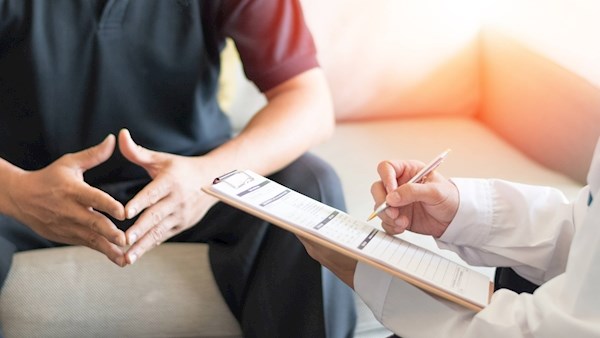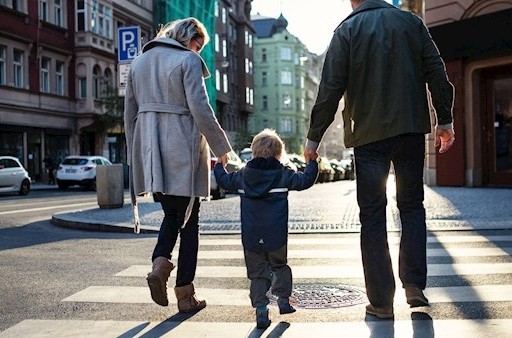IN my work, as a systemically trained family psychotherapist, I am always looking at the ecologies in which we live.
None of us exist entirely on our own; we are all part of many systems at all times.
Whether that is the family, school or the wider societal system, and we are perpetually receiving feedback from those systems.
And yet a system we rarely think about is that of the body and how it is constantly in the process of giving feedback.
This is cancer detection week, and it is important that we begin to listen to our bodies more, because our bodies will, in most cases, tell us when it needs attention.
So, why is it we tend to ignore it when it does?
I have to say, it is something I find difficult myself. I don’t know if it has to do with gender but I find my generation of men rarely go to the doctor.
And the younger generation while, perhaps, more in tune with their bodies tend to fad diet more, both not very positive habits.
I’m now moving into my mid- 40s and I know it’s time to start listening more to the feedback I’m getting from my body.
As much as I want to ignore it, I feel it is changing.
Men tend not to talk about their health. And an area men really don’t like to talk about is prostate cancer. Yet, it is the most commonly diagnosed cancer among men, with a 30% chance of developing it over a lifetime.
My wife’s grandfather, like many men on this island, died from it as young man.
Had it been detected early he would have survived it.
We must move away from the perceived embarrassment of it and talk more about it and promote early detection because our lives may depend on it.
Knowing the symptoms and what to watch out for empowers us to be more vigilant when our bodies give us that all-important feedback.
Symptoms of Prostate Cancer:
1. Having to rush to the toilet to pass urine.
2. Passing urine more frequently, especially at night.
3. Difficulty passing urine, including straining to pass or stopping and starting.
4. A sense of not being able to completely empty the bladder.
Cancer detection is a huge part of your recovery. Receiving a cancer diagnosis does not mean you are definitely going to die or that you are not the same person now.
You are more than likely going to experience a range of emotions as you go through your diagnosis, treatment and recovery.
It is important that you remain positive throughout and seek out therapy to discuss those negative feelings you may be experiencing. Children are very astute at interpreting a shift in the family dynamic or mood of a parent.
Try to be transparent about what you are going through, how much you tell your children will depend on their age but being open and confident about your recovery will help to keep everyone in that system positive and supportive too.
It is understandable to want to keep it from your children, because you don’t want to upset them but the chances are they will have figured out that something is not right and their imagination can be far more devastating than the reality of the situation.
There probably isn’t a family out there that hasn’t been impacted by cancer in some way.
My own little seven-year-old cousin, Rían, lost his battle seven years ago to a brain tumour.
He was such a beautiful little boy.
His mother taught me about dignity and courage under pressure. She fought so bravely for her son, and then had to fight as equally hard to rebuild her life after cancer.
Rían is always present in my parenting and appreciation for every moment I have with my own children.
Defining moments
Do not allow your diagnosis to come to define you.
Don’t give it that power.
You are still the person you were before it came into your life and you will be the same person when it leaves, maybe you might even be a little stronger and more resilient.
It is difficult as you go about the busyness of your life, but we must take moments to appreciate what we have.
The old cliché is a cliché for a reason, because it is a fundamental truth, life is short.
Listen to your body and go and get yourself checked from time to time, I know I am this week.




